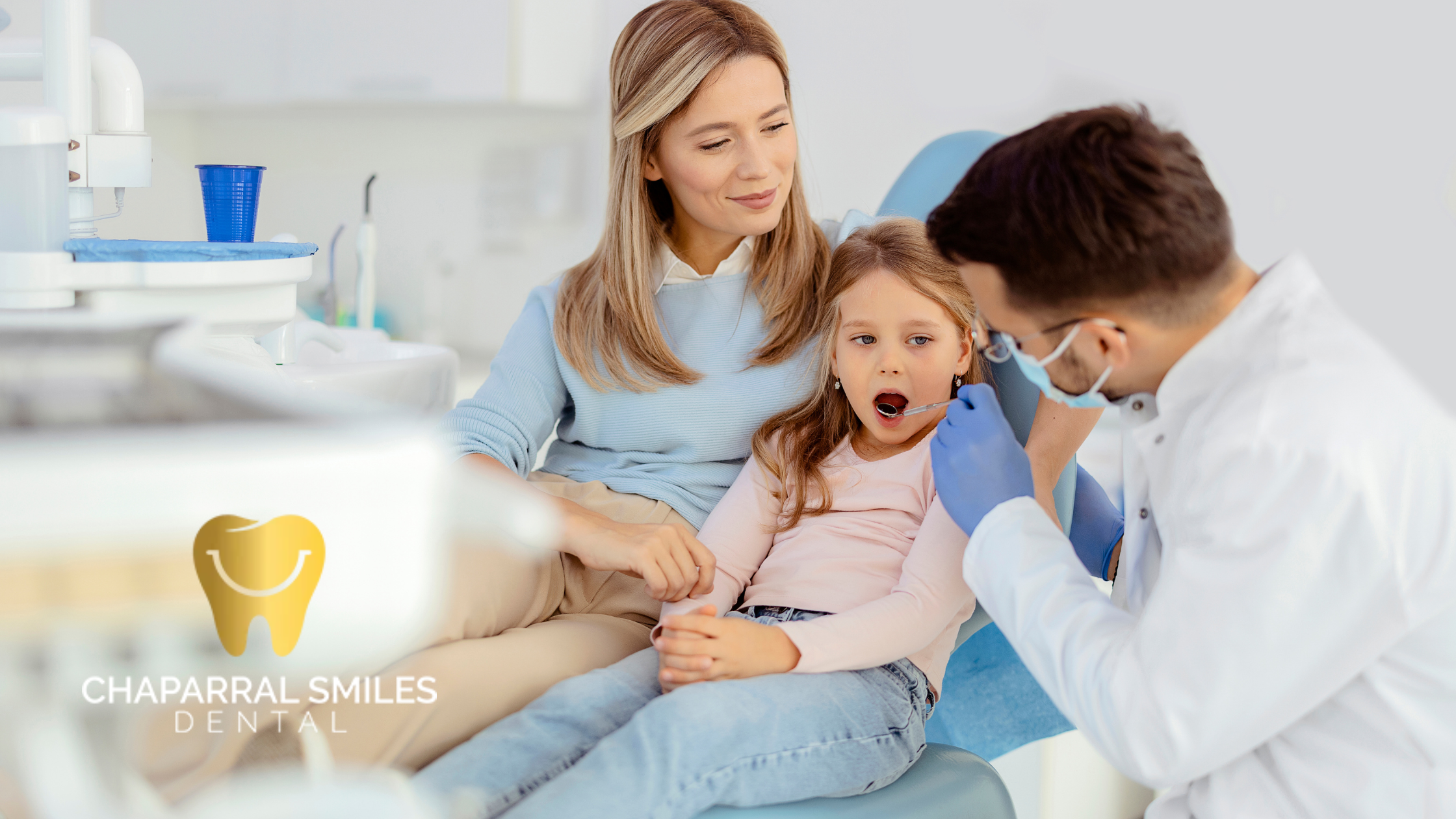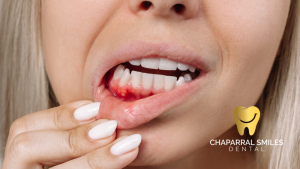Many people underestimate the significance of regular visits to their family dentist. These professionals play a vital role in the early detection of dental problems, which can prevent more severe and costly treatments later on.
By building a relationship with your family dentist, you can access personalized care and preventative measures tailored to your unique needs. Early identification of issues like cavities, gum disease, and oral cancers not only preserves your smile but also contributes to your overall health.
Your family’s oral health starts with you making that appointment.
Key Takeaways:
- Regular Check-ups: Family dentists provide routine examinations, which are crucial for identifying potential dental problems before they progress.
- Comprehensive Care: They focus on all age groups, allowing them to monitor changes in oral health across different life stages and catch issues early.
- Personalized Treatment: Family dentists develop long-term relationships with patients, which helps them understand individual risks and offer tailored preventive strategies.
Understanding the Role of Family Dentists
To truly appreciate the importance of family dentists, it’s essential to recognize their multifaceted role in your community. These professionals offer a wide range of dental services tailored to meet the unique needs of patients from infancy through adulthood.
By fostering a dental home for your family, your dentist will not only provide routine check-ups and treatments but also prioritize preventive care, ensuring that any potential issues are identified and addressed early.
Comprehensive Care Across All Ages
In addition to providing a variety of dental services, family dentists cater to patients of all ages, addressing their specific dental needs as they progress through different life stages. This comprehensive care helps ensure that you and your family maintain optimal oral health with solutions suitable for children, teens, and adults alike.
Building Long-Term Patient Relationships
An important aspect of family dentistry is the establishment of long-term relationships between you and your dentist. This continuity allows your dental professional to better understand your personal oral health history and family dynamics, which can significantly enhance the quality of care you receive.
Considering the significance of building long-term relationships with your dentist can lead to better oral health outcomes. When you see the same dental professional over time, they become familiar with your unique dental history, habits, and any potential concerns.
This familiarity fosters trust, which can reduce anxiety during visits and encourage more proactive dental care. Establishing this relationship allows your dentist to detect changes in your oral health early, leading to timely interventions that promote positive long-term health.
Early Detection of Dental Issues
If you prioritize regular visits to your family dentist, you can significantly enhance your chances of catching dental issues early. This proactive approach enables your dentist to monitor your oral health and identify any changes or problems before they escalate into more serious complications.
Early detection saves you from potential pain and reduces the need for extensive and costly treatments in the future.
Regular Check-Ups and Their Importance
Regular check-ups are essential for dental health. They allow your dentist to perform thorough examinations and cleanings, allowing for the early identification of issues such as cavities, gum disease, and other oral health concerns.
These concerns can then be addressed promptly, ensuring a healthier smile.
Identifying Warning Signs of Dental Problems
Their ability to identify warning signs of dental problems early can be a game-changer in maintaining oral health. Whether you recognize changes in your gums or notice tooth sensitivity, your family dentist monitors these symptoms to help address issues before they worsen.
Further attention to detail during your visits allows for a more thorough evaluation of your oral health. Common warning signs such as persistent bad breath, swollen gums, or tooth pain should not be overlooked.
Your dentist is trained to spot subtle changes that you may not recognize. By discussing any discomfort or changes in your oral health, you can develop a preventive plan together, ultimately promoting better dental health and reducing the risk of serious complications.
Preventative Dentistry Practices
Many people overlook the importance of preventative dentistry, but they play a pivotal role in maintaining oral health. Regular check-ups with your family dentist help spot potential issues early, allowing for timely interventions to prevent more severe dental problems later.
These practices not only include professional cleanings but also personalized care plans to keep your teeth and gums healthy.
Education on Oral Hygiene
One of the most valuable aspects of your family dentist visit is the education you receive on proper oral hygiene. Your dentist will teach you effective brushing and flossing techniques tailored to your needs, ensuring you understand how to maintain your dental health at home.
This knowledge empowers you to create a consistent and effective oral hygiene routine.
Dietary Recommendations for Oral Health
One way your family dentist can assist you is by providing dietary recommendations to improve your oral health. What you eat significantly impacts your dental condition, and understanding these correlations helps you make informed food choices.
Preventative dietary recommendations focus on minimizing sugary snacks, which can lead to cavities and gum disease. Instead, you should opt for nutrient-rich foods like fruits, vegetables, and whole grains that not only support your overall health but also strengthen your teeth.
Additionally, incorporating calcium-rich foods aids in maintaining enamel while staying hydrated and promotes healthy saliva production, which is necessary for neutralizing acids in the mouth. By following these nutritional guidelines, you can create a strong foundation for excellent oral health.
Technology in Family Dentistry
Not only has family dentistry embraced modern technology, but it has significantly improved the quality of care you receive. From advanced imaging systems to CAD/CAM technology, these tools enhance accuracy, treatment speed, and patient comfort.
With the right technology, your family dentist is better equipped to identify potential dental problems early, ensuring that preventative care is prioritized.
Advancements in Diagnostic Tools
Advancements in diagnostic tools like digital X-rays and 3D imaging offer enhanced precision in identifying dental issues compared to traditional methods. These technologies minimize radiation exposure and allow for better visualization of your dental structure, enabling your dentist to spot concerns that might otherwise go unnoticed.
By utilizing these modern tools, you receive a more thorough evaluation of your oral health.
Integration of Tele-dentistry
The integration of tele-dentistry has transformed how you access dental care, allowing for remote consultations and follow-ups. This technology broadens your ability to communicate with your family dentist without needing to visit the office physically, saving time and making care more accessible.
Teledentistry allows for virtual appointments, ensuring you can discuss your concerns with your dentist from the comfort of your home. This approach is particularly beneficial for minor issues, consultations, and monitoring ongoing treatments.
However, you must understand the limitations; while teledentistry can facilitate communication, it cannot replace comprehensive in-person exams. By leveraging this innovative approach, you can ensure that your dental care remains consistent and timely, allowing for early intervention when necessary.
The Impact of Early Intervention
Keep in mind that early intervention can significantly alter the trajectory of your dental health. By addressing issues like cavities or gum disease at an early stage, you can prevent more severe conditions requiring complex treatments.
This proactive approach preserves your natural teeth and enhances your overall well-being. Regular visits to your family dentist can help you avoid any potential problems, leading to a healthier, brighter smile.
Cost-Effectiveness of Preventative Care
One of the most appealing aspects of preventative care is its cost-effectiveness. By investing in routine check-ups and cleanings, you minimize the chances of expensive dental procedures in the future.
Preventative measures can save you considerable money by tackling small issues before they escalate into serious problems that demand extensive treatment.
Long-Term Health Benefits
Maintaining good oral hygiene improves dental health and reduces the risk of systemic conditions like heart disease, diabetes, and respiratory infections. Your mouth is a gateway to your overall health.
Neglecting dental care can lead to complications that affect vital bodily functions. By prioritizing your dental health through early detection and intervention, you set the stage for a healthier future.
Choosing the Right Family Dentist
Unlike a general physician, choosing a family dentist involves considering your household’s dental needs. You want a dental professional who can accommodate people of various ages and stages of oral health.
Look for a practice that emphasizes comprehensive care, ranging from preventive services for children to advanced treatments for adults. Assess the dentist’s qualifications, experience, and services offered to ensure they meet your family’s unique requirements.
Key Qualities to Look For
Along with qualifications, you should consider the dentist’s communication style and approach towards patients. Look for someone who is empathetic, approachable, and skilled at making children and adults comfortable.
A good family dentist should prioritize continuing education to stay updated on the latest dental advancements and methods.
Questions to Ask During Your First Visit
It is essential to ask key questions during your first visit to gauge whether the practice suits your family’s needs. Inquire about the practice’s approach to patient care, how it handles dental emergencies, and its policies regarding appointments and payment plans.
Discuss preventive care options available for all ages because this is vital for maintaining your family’s oral health. Consequently, don’t hesitate to ask about the technologies and tools they use during treatments.
Questions regarding their approach to pain management and child-friendly procedures can provide insight into their commitment to patient comfort. You can also inquire about how they typically handle preventive care and what plans they recommend for regular check-ups.
Establishing a good communication channel right at the beginning can enhance your family’s overall experience and confidence in their dental care.
Final Words
Family dentists play a vital role in oral health by providing regular check-ups and early detection of potential dental issues. By maintaining ongoing relationships with your dentist, you benefit from personalized care and the ability to address problems before they escalate.
This proactive approach helps ensure the health of your teeth and gums and promotes overall well-being for you and your family. Prioritizing visits to your family dentist can lead to a lifetime of healthier smiles.
Regular check-ups with a trusted family dentist are key to catching dental issues before they become costly problems. At Chaparral Smiles Dental, we prioritize preventive care and personalized treatments for all ages.
Contact us today to know how our clinic can help you and your family!





